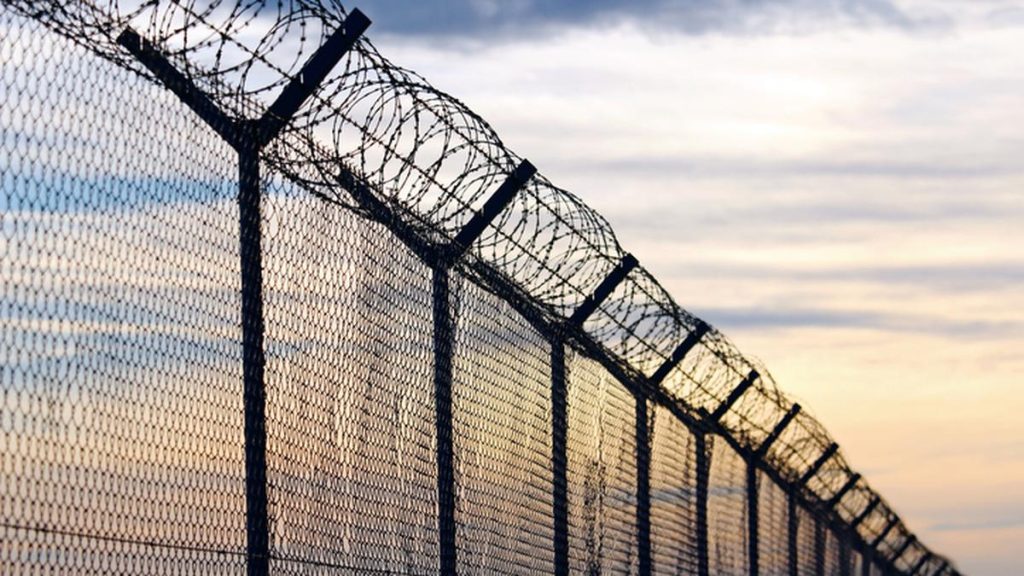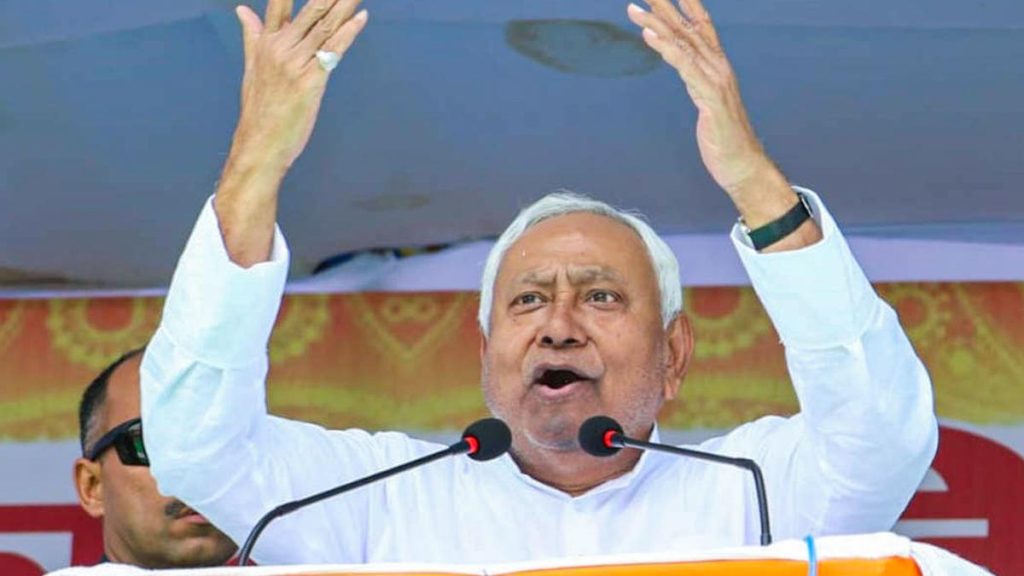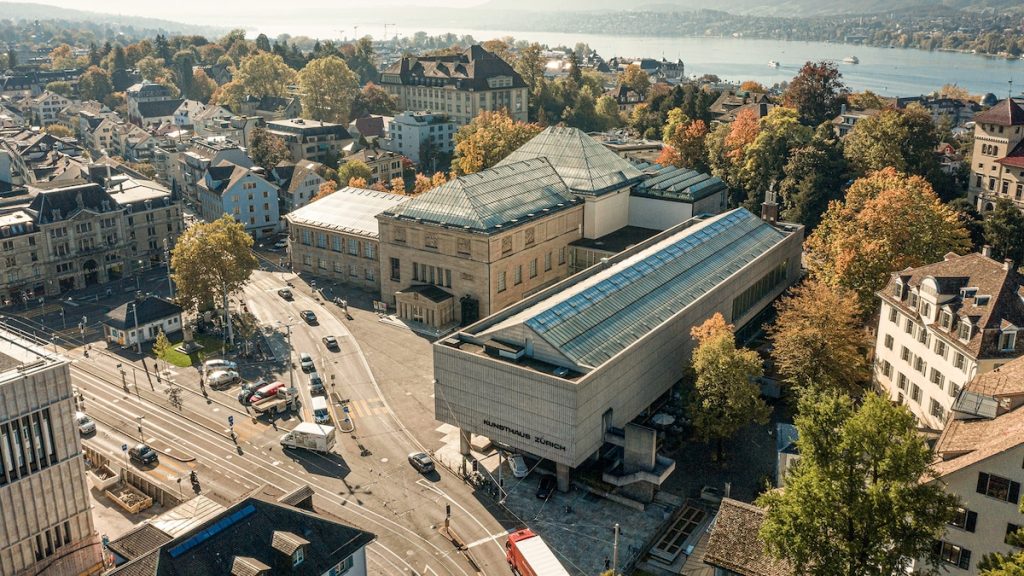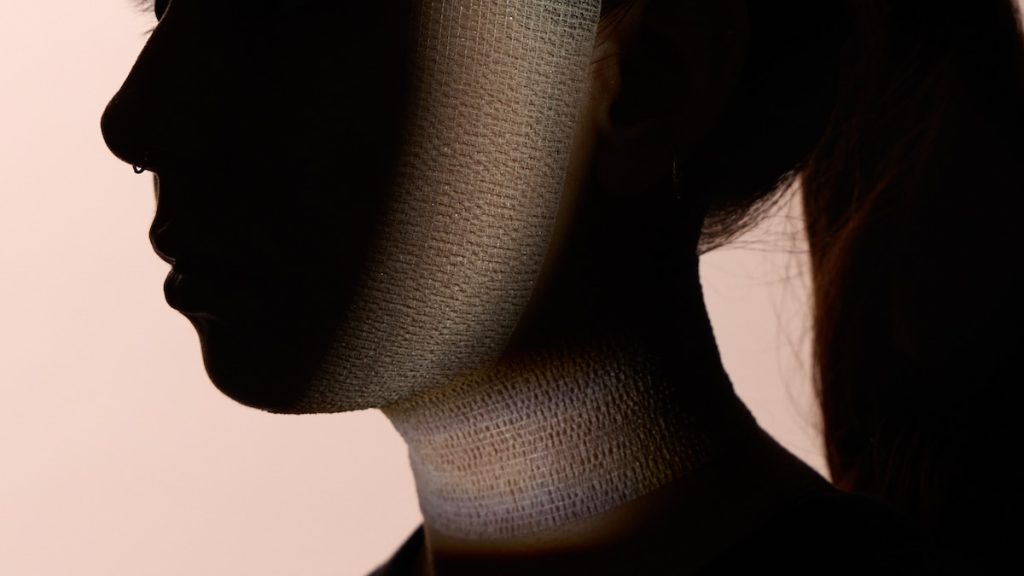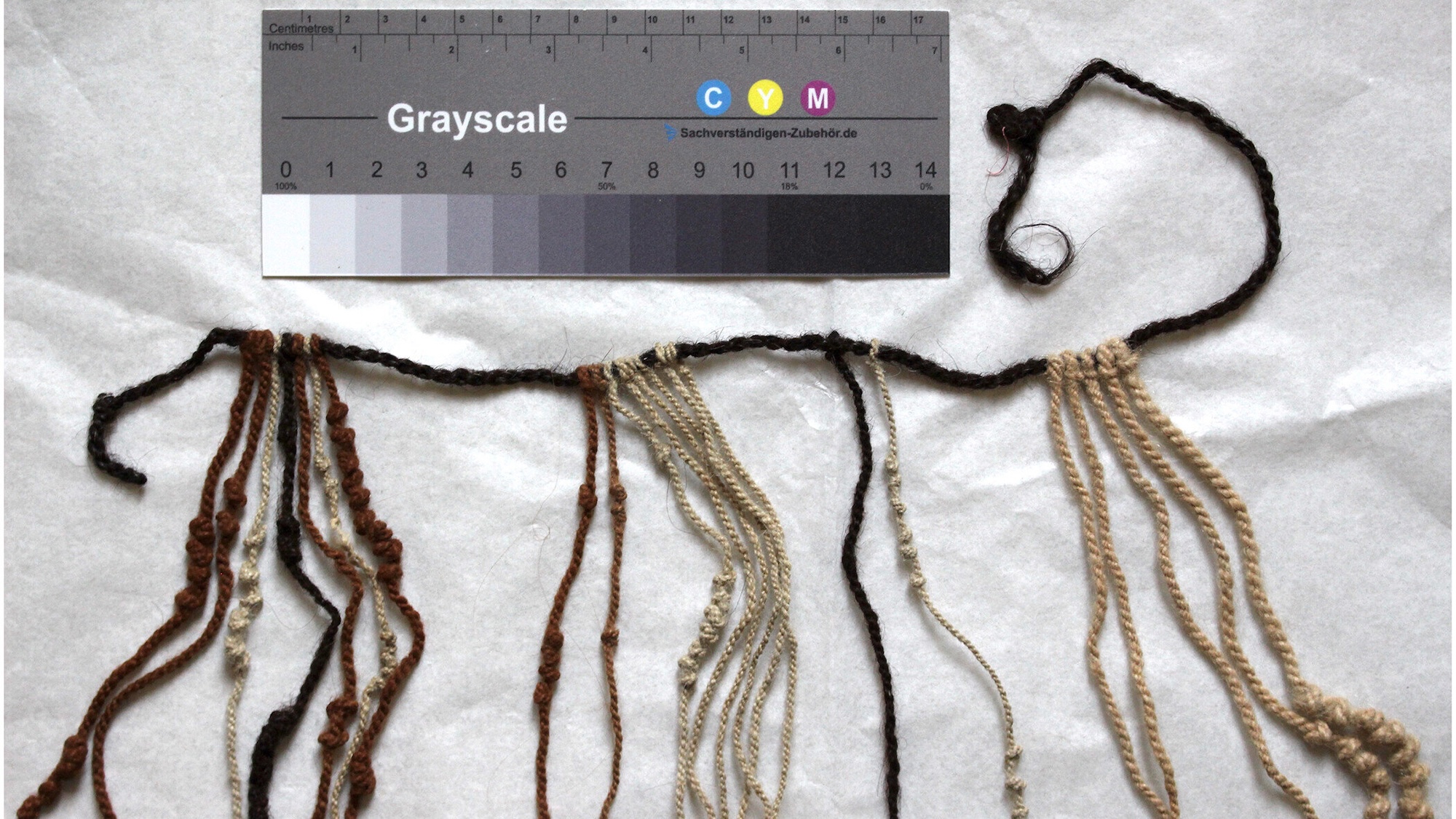Now Reading: Father-Son Duo Transforms Tattoos into Unique Wall Art
-
01
Father-Son Duo Transforms Tattoos into Unique Wall Art
Father-Son Duo Transforms Tattoos into Unique Wall Art
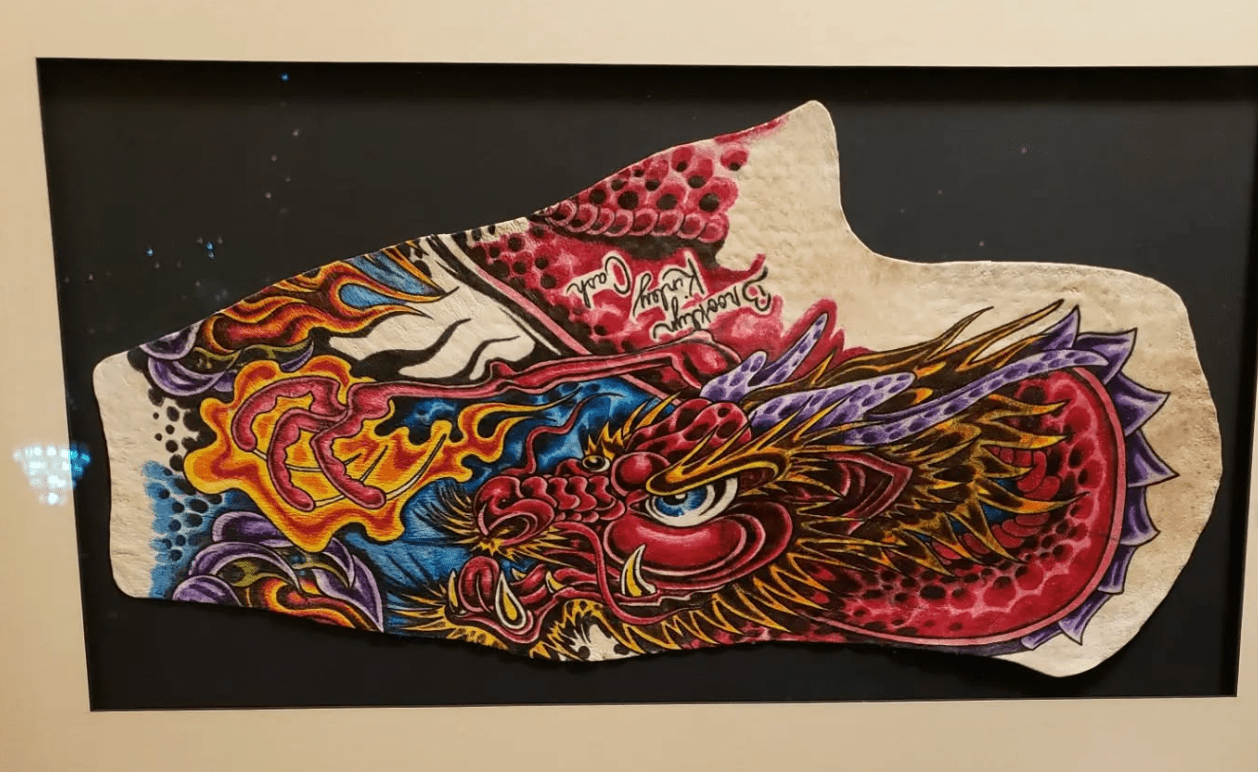
Quick Summary
- Company Overview: Save My Ink Forever, founded in 2017 by Kyle Sherwood and his father Michael, specializes in preserving tattooed skin from deceased individuals.
- Process: The tattoo preservation request can be initiated up to 72 hours after death via collaboration with local funeral homes. The company uses a proprietary preservative formula and returns the preserved tattoos encased in museum-quality glass within three months.
- Costs: prices vary depending on the size of preservation, starting at $1,699 for individual tattoos and reaching up to $100,000 for full-body pieces like sleeves or bodysuits.
- Background & Origins: Tattoo adoption has become mainstream; Pew Research estimates nearly a third of Americans have tattoos. Save My Ink started amidst increasing demand for personalized funeral services.
- Limitations & ethical Considerations: The company does not preserve facial or genital tattoos and refuses extreme requests (e.g.,turning the skin into lampshades). Some traditional funeral homes are reluctant to participate due to ethical concerns.
- Historical Context: Tattoo preservation is not new; historical collections exist at institutions like London’s Science museum and Tokyo’s Medical Pathology Museum. These collections serve anthropological or medical purposes rather then artistic ones.
Indian Opinion Analysis
Save My Ink Forever represents an intriguing intersection between art, identity preservation, and modern funeral practices. For India, where cultural attitudes toward death rituals are deeply rooted in tradition-often revolving around cremation or burial-the idea of preserving tattooed skin could spark discussions on changing generational perspectives as personalization becomes central to global mourning practices. With India witnessing rapid urbanization and greater acceptance of individualistic expressions such as tattoos among its youth demographic, this niche but growing service highlights broader shifts toward diversity in memorializing loved ones.
Though, ethical concerns might emerge locally; religious traditions could conflict with such practices as body skinning post-death may jar against customs that emphasize holistic integrity during cremation ceremonies. If similar services were introduced domestically someday-India would need clear regulations addressing both cultural sensitivities and clarity about processes involved while balancing innovation’s value amidst fulfilling mourning families evolving expectations tied emotions concerning permanence over lost bonds through art!



